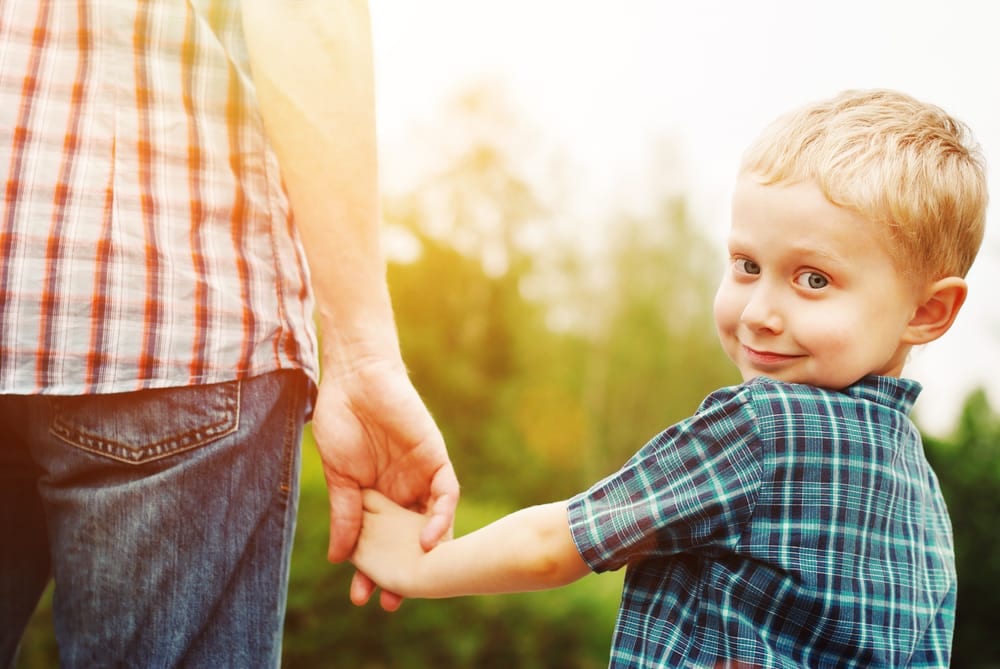As anthropologist Margaret Mead famously said, “A father is a biological necessity, but a social accident.” Do children really need fathers or is the father merely an accessory before the fact? Handy for the genetic material he provides, but completely irrelevant in a child’s life? What can fathers give children that a mother cannot?
Once upon a time, the father’s role, at least in the Western world, was clear-cut. He was the breadwinner. He gave manly advice, pitched baseballs, and dispensed punishment at mom’s behest. But things were different in those Leave it to Beaver days of yesteryear.
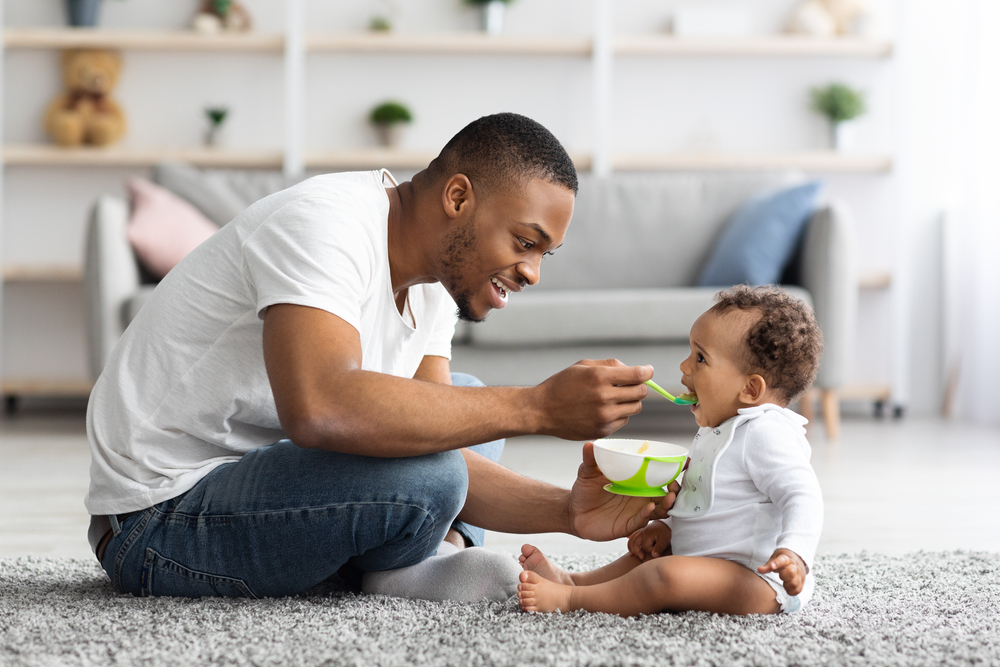
Fathers Do Childcare, Moms Work
Today, the idea that gender influences who will earn and who will manage childcare is less clear. There is no reason that fathers can’t change a diaper, cook a meal, or do a load of laundry. There is no reason that mothers can’t work fulltime.
So other than the obvious biological contribution of a father to a child, do dads bring something to the table that is unique, compared to moms? Or is he just kind of there or perhaps in the way, after he does his initial part?
Note that these are rhetorical questions. They’re rhetorical because all you have to do is watch a dad with his kids and you can see there’s a different dynamic in play. It’s something you’ve always known without having put much thought into the subject.
Unless you’re a researcher with an interest in parenting styles, that is.

Fathers and Mothers and the Two-Parent Home
Have I piqued your interest yet? Okay. I’ll stop being coy and I’ll out with it: researchers have found more similarities than differences between moms and dads when it comes to parenting. At the same time, the differences that are apparent are important. Children that have a combination of both types of parenting, i.e. are raised in a two-parent home in which there is both a father and a mother, have an edge over those children who do not. It is the combination of both styles of parenting—mothering and fathering—that offers children the richest parenting experience.
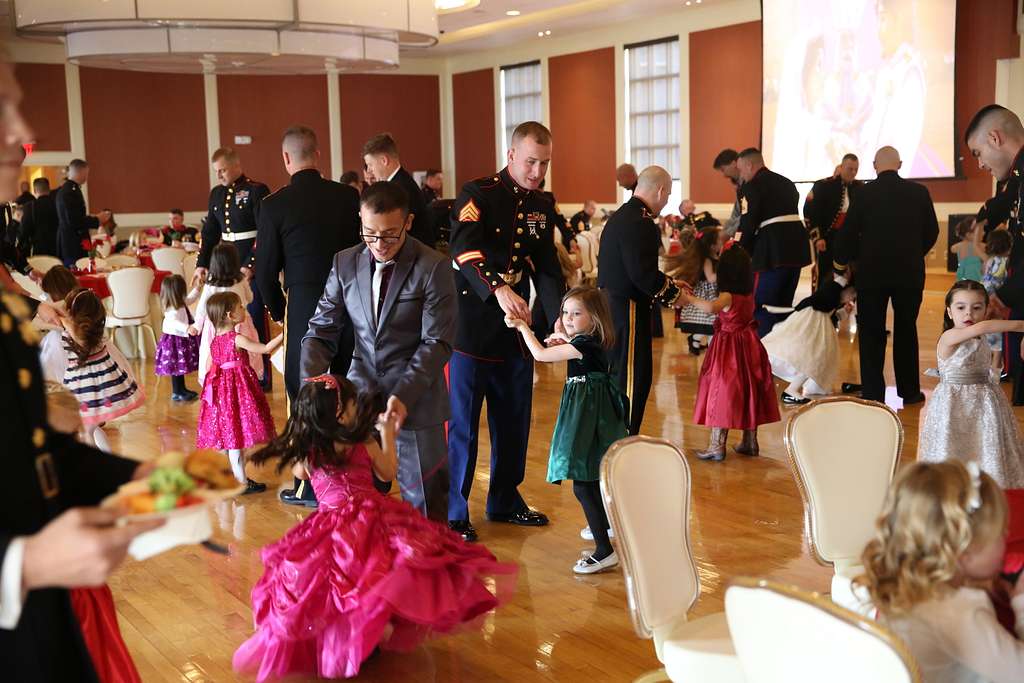
Let’s take a look at four parenting patterns that have been identified as displaying the distinct differences between mothers and fathers:
1) Type of Interaction
The Difference: Moms do more care-giving. They dress children, wipe their noses, feed them, and make sure they do their homework. Dads engage in more playful activities. In particular, dads throw kids up in the air, roll on the floor, and play sports with their kids.
Dad’s Added Benefit: The father’s more physical interaction with his children can add to a greater sense of self (proprioception) which can in turn contribute to spatial awareness, physical grace and fitness. Physical interaction and activity also generate endorphins, the feel-good brain chemical. In other words, spending time with their fathers makes children happy.
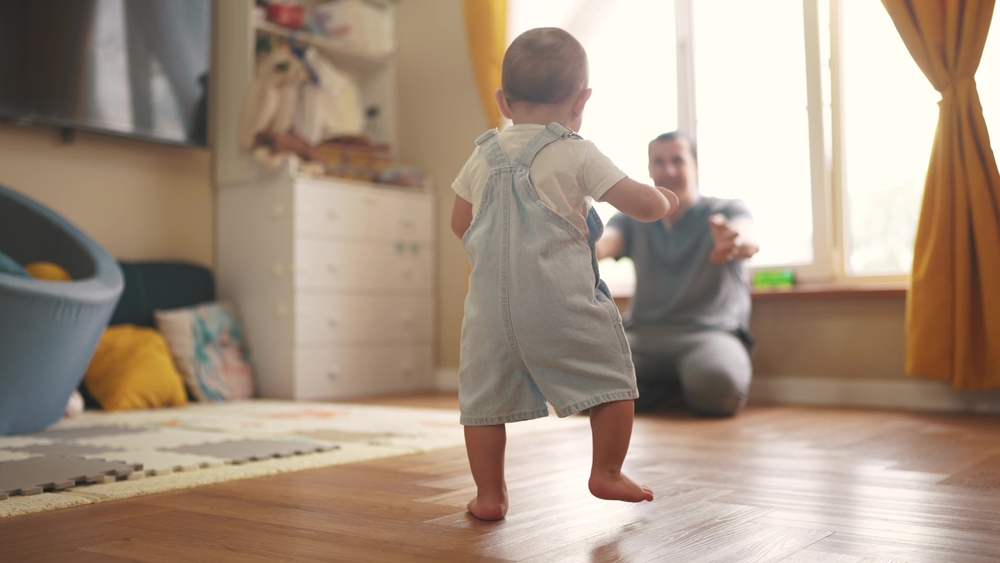
2) Verbal Interaction
The Difference: Moms talk more and repeat themselves. They ask a lot of questions and they explain things to their children. Dads talk less and do more with their kids. When they speak to children, it’s more about giving directions and making demands. Mothers work at anticipating needs, but with fathers a child may have to work harder at getting across wants and needs.
Dad’s Added Benefit: Fathers expect more from their kids and this may contribute toward readying children for the outside world, such as at school and in the workplace, where they may be challenged to find a more effective manner of presenting and articulating themselves.
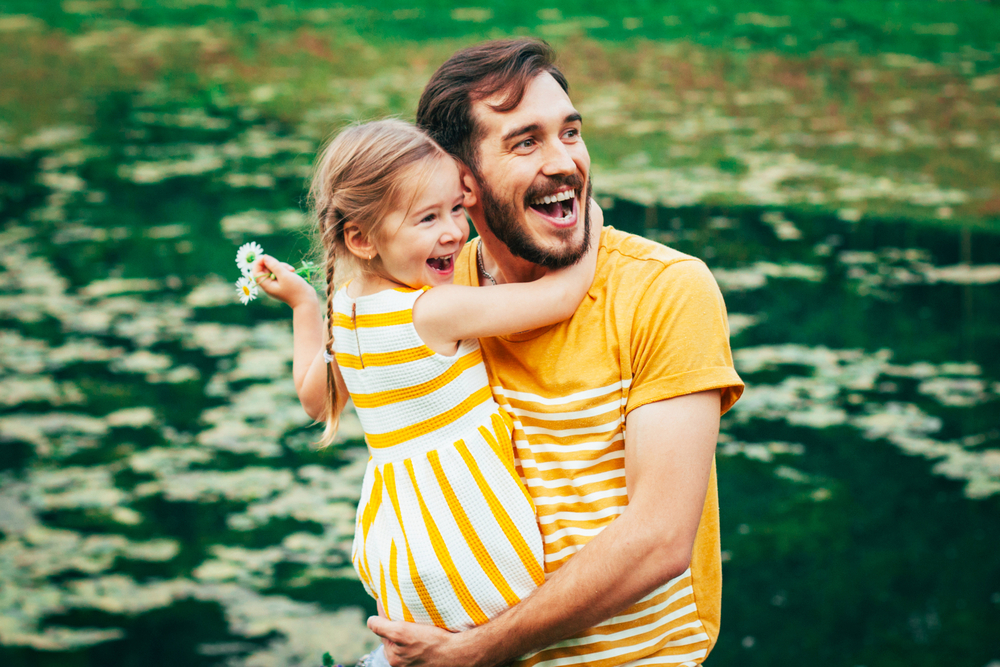
3. Tolerance and Patience
The Difference: Fathers are impatient when it comes to children whining or crying for help with tasks they well know how to perform. This is particularly true in the case of sons.
Dad’s Added Benefit: As long as the impatience isn’t expressed in an abusive or demeaning way, the father’s lack of patience with dependent behavior may lead to greater independence and ready a child for separating from his parents.
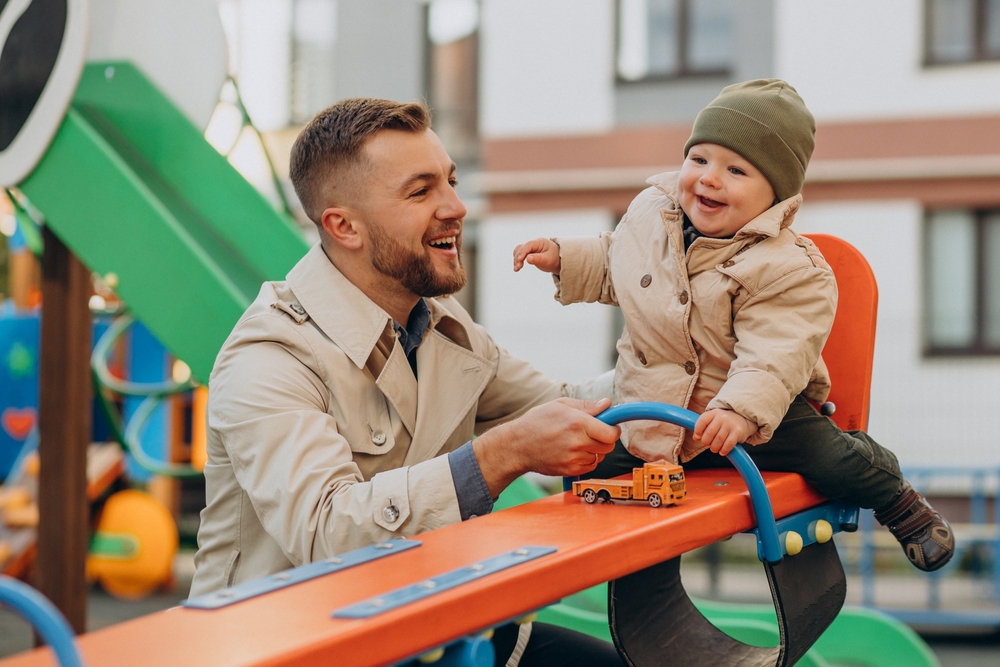
4. General Behavior
The Difference: Fathers tend to behave in an unpredictable manner. Children tend to know what their mothers will say and do. With fathers, the sky’s the limit. A mom, for instance, will always pick up her child the same way. A dad, on the other hand, may pick up a toddler by his feet or by the side of his shirt.
Dad’s Added Benefit: Kids express their excitement at a dad’s approach from a young age. Dad surprises them and that’s fun. They also know to be prepared for anything when it comes to dad. Once again, this is good practice for the outside world, where the unpredictable is the norm.

Benefits of Fathers
By now, there is a wealth of information relating to the benefits of a father’s contribution to his child’s life. Children with fathers do better in social situations, have an improved self-image, and do better in school. That’s just the tip of the iceberg as more advantages to having a father are revealed each day. Children with both fathers and mothers have a wider interactive experience and learn that there is more than one way to handle every situation. That means that children with fathers and mothers are more willing to hear about alternative solutions, are more flexible. They have larger skill-sets, too.
In other words, just maybe, Margaret Mead was wrong. Fathers are no social accident but are instead, an excellent addition to a child’s life, bringing vibrant physicality, unpredictability, greater independence, and exciting challenges to the formative years of children.
Vive la difference!
